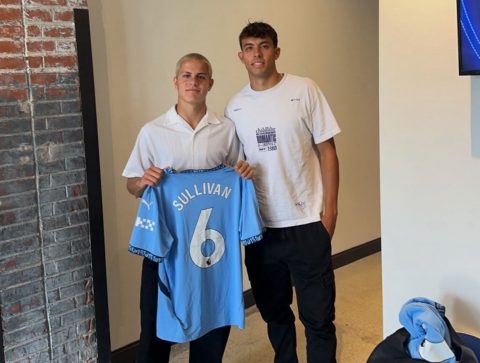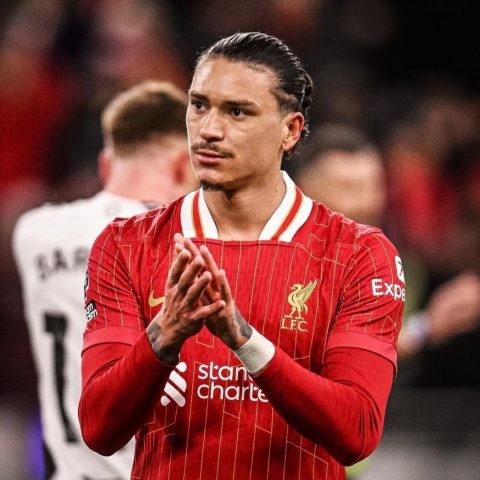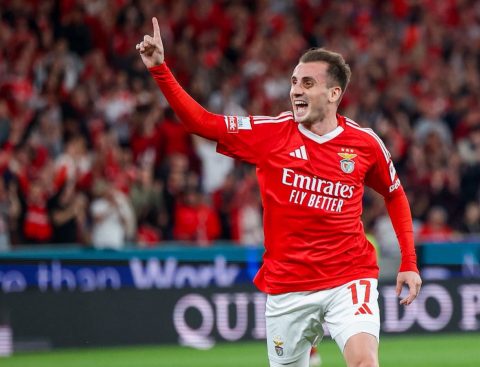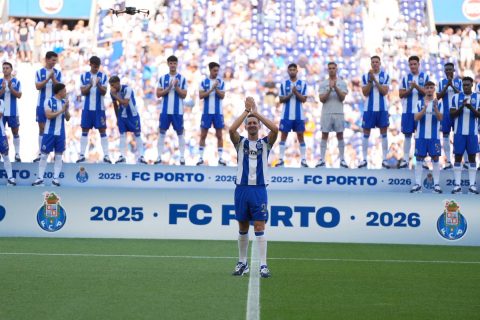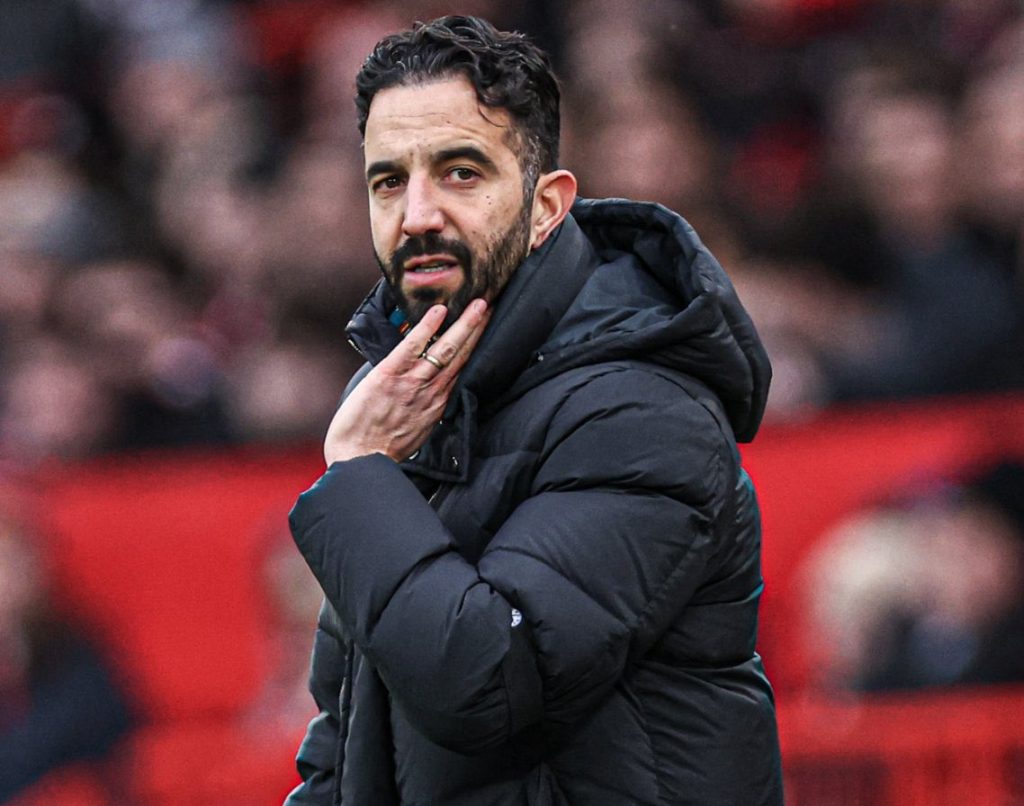Manchester United has always been a club that prides itself on nurturing young talent, and under the guidance of Rúben Amorim, this tradition seems poised to continue. In a recent press conference, Amorim highlighted the importance of investing in the club’s future by focusing on youth development. “We must trust young players here at Manchester United. We really need to focus on the future of our club on the youth,” said the manager, signalling a strong commitment to integrating emerging talents into the senior team.
Building the Future
Amorim’s approach resonates with Manchester United’s storied history, where academy graduates have often played pivotal roles in the club’s success. Icons like Ryan Giggs and Paul Scholes are testament to the success of grooming homegrown talent. Amorim’s emphasis on this strategy is not only a nod to tradition but a necessary evolution in modern football, where developing young players is both financially prudent and crucial for sustainable success.
The Youth Strategy
At the heart of Amorim’s strategy is a robust scouting and development system designed to identify and nurture talent from a young age. This approach ensures that players are not only technically proficient but also understand the ethos and philosophy of Manchester United. The club’s focus on youth aligns well with the Premier League’s competitive landscape, where clubs are continually balancing financial investments with long-term planning.
Why Focus on Youth?
Focusing on youth development has multiple benefits for Manchester United. It provides a steady stream of first-team-ready players who are accustomed to the club’s playing style. It fosters a sense of loyalty and club identity among players who have spent significant time in the system. Amorim’s choice to prioritize youth development is also influenced by the current realities of the football world, where transfer market inflation makes it imperative for clubs to develop their stars.
The Reality of Modern Football
In today’s football environment, English clubs are grappling with increasing competition both domestically and in European competitions. The need for a pipeline of ready and adaptable footballers has never been greater. Manchester United is no exception, and Amorim’s commitment to youth is a strategic move that will help the club maintain its competitive edge.
He further stressed, “I say this because of the history and because of the reality of our club.” This not only includes the rich legacy of player development but also acknowledges the challenging landscape that necessitates innovation and adaptation.
Potential Challenges
While the focus on youth is promising, there are challenges involved in the implementation of this strategy. Transitioning young players to the first team requires careful management and mentorship. Balancing the demands for immediate results with the objective of nurturing long-term talent can also be a delicate task.
Future Prospects
The future under Amorim’s leadership looks promising, with a potential return to Manchester United’s glory days driven by a new batch of talented youngsters. Fans and analysts alike are eagerly watching to see how his youth-centric philosophy will unfold and impact the team’s performance in upcoming seasons.
Manchester United’s commitment to its youth policy speaks to its understanding of football’s evolving dynamics and its place within them. With Amorim at the helm, the club is poised to build a legacy that honours its past while looking confidently toward the future.
